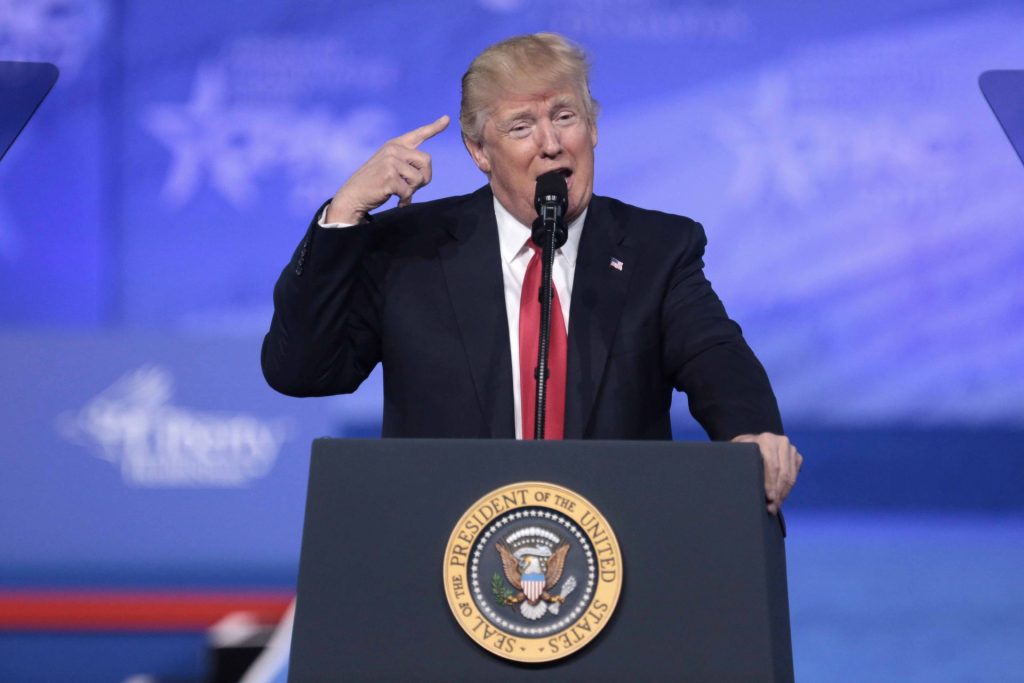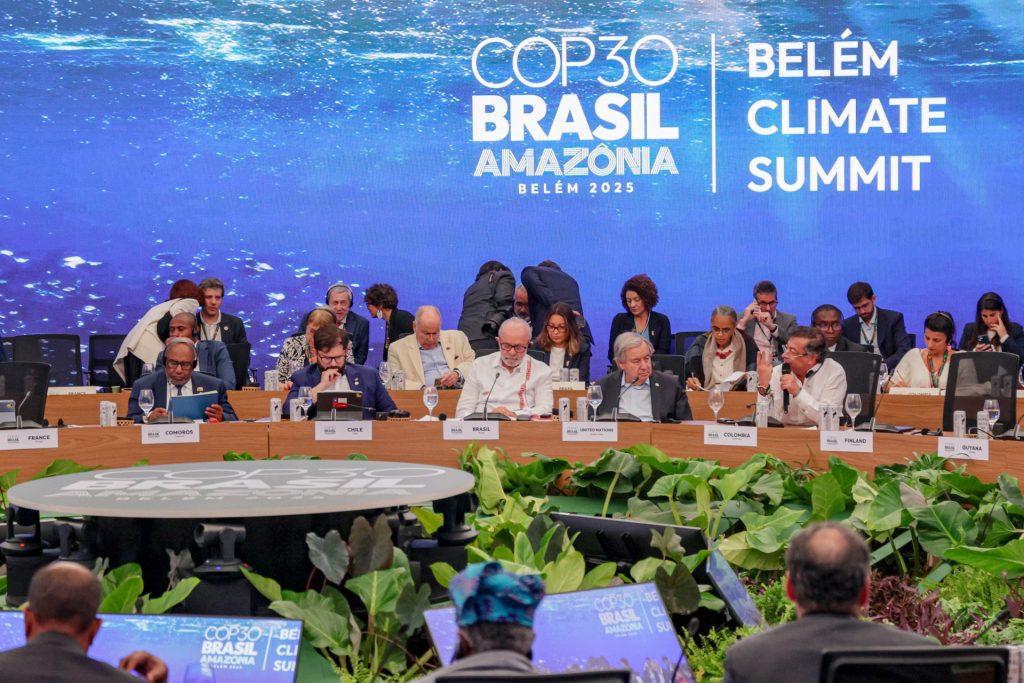Aggressive tax avoidance and tax evasion is not only bad for the fiscal health of African countries, but it constrains their ability to finance climate action domestically. Illicit financial flows from the continent have long been a challenge, estimated at around $89 billion/year, equivalent to 2.7% of Africa’s GDP. Between 2005 and 2015 the total amount of illicit financial flows exiting the continent exceeded its debt, making it a net creditor to the world. Moreover, the average tax to GDP ratio in Africa has also plateaued at 15.6%, well below the average of other regions.
This is money that African governments desperately need, not only to address their external debt but also to finance their climate change responses. For this reason, tax reform and the reduction of illicit financial flows have increasingly been raised in the context of broader climate finance reform. In a recent submission under the UNFCCC’s Global Stocktake in September, the African Group of Negotiators (AGN) highlighted the need for a fundamental reform of the global tax system to close the gap and direct financial flows to climate action. This would enable African countries to be less reliant on donor climate finance and have more autonomy over how it is spent. They argued that the global regime needs to be more inclusive and effective, aiming to halve Africa’s loss of US $27 billion annual corporate tax revenue through profit shifting by 2030.
Global tax rules exist but these are largely driven by the Paris-based Organisation for Economic Development (OECD), a group of 38 developed countries, who, among other things, set standards for international taxation and cooperation. According to Tax Justice Network Africa, countries on the African continent who have signed onto these agreements and abide by the standards have gained little revenue and have suffered unfavourable results, as compared to other policy options. For example, in 2021 a deal was struck between 130 countries which seeks to impose a minimum tax rate upon corporations, however developing countries feel that they will receive relatively little revenue from it, compared to developed countries. They also accuse the OECD of both being the setters of global tax standards but also being the biggest perpetrators of tax abuse.
The Africa Group has been championing the reform of the system for many years. This culminated in a resolution proposed by Nigeria with the Support of the Africa Group on the commencement of the process towards a UN framework convention on international tax cooperation. The resolution follows a report by the UN Secretary General in September that outlined the possibilities of having either a UN multilateral instrument on tax, a framework convention, or framework for international cooperation. The first two would be legally binding whilst the last would not.
On 22 November 2023, a resolution resoundingly in favour of a tax convention was passed in the UN with 125 votes in support. These came mostly from developing countries, including all African countries, and members of the G77 plus China. There were 48 votes against, including Britain, Germany, Japan and the United States, and 9 abstentions.
Calling the vote a “beacon of hope” the African Union stated: “The decades-long fight of Global South countries to establish a fully inclusive process at the United Nations to participate in agenda setting and norm setting on international tax is now a reality.” OECD countries however harbour concerns that it would result in a duplication of rules and standards that they have established and, in their view, obviate progress on various tax issues that have been negotiated within the bloc for years.
The next steps are the establishment of an ad-hoc committee within the UN who will lead the negotiations on a new tax convention, and is due to submit a report at the next UN General Assembly.





